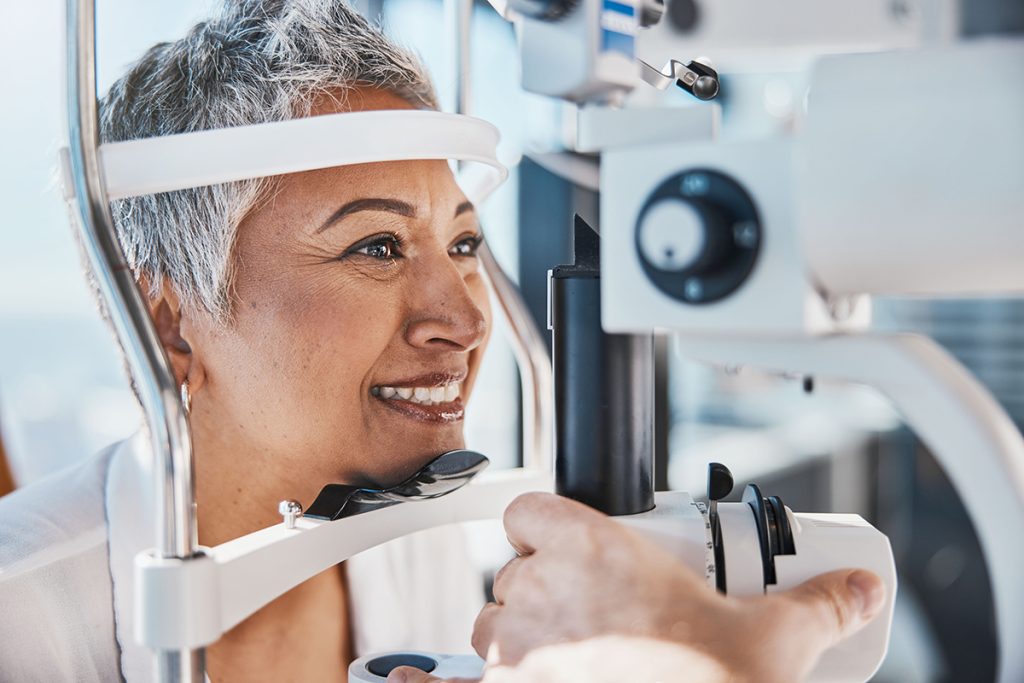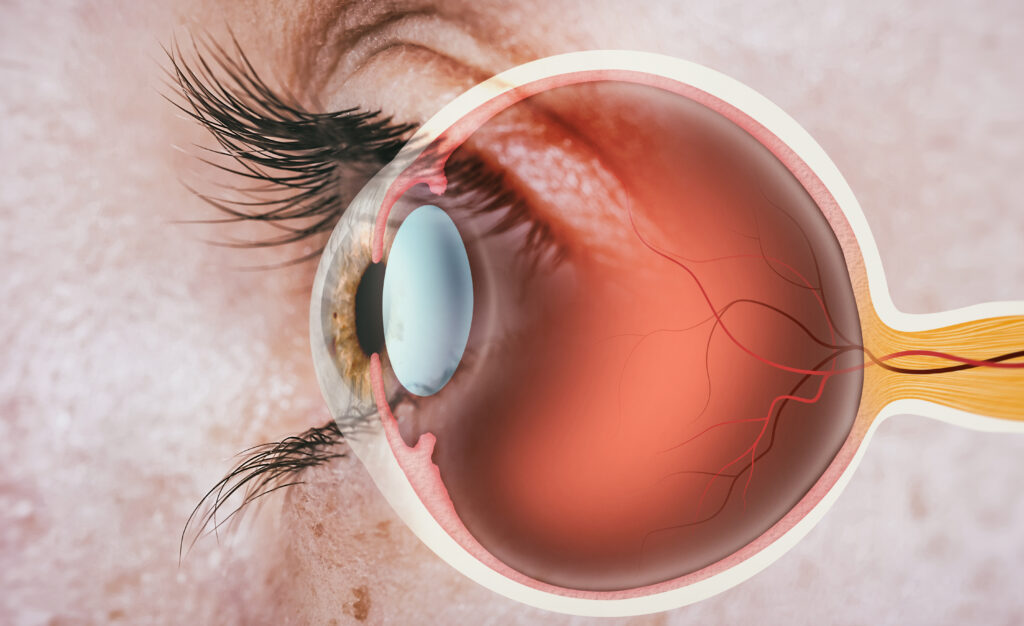
In today’s digital age, screens are an integral part of our daily lives. Whether it’s for work, school, or leisure, the time spent in front of computers, tablets, and smartphones has dramatically increased. While technology offers numerous conveniences, prolonged exposure to digital screens can take a toll on our eye health. Understanding these effects and learning how to protect your eyes is essential to maintaining long-term vision health.
How Digital Screens Affect Your Eyes
One of the most common conditions associated with excessive screen use is digital eye strain, sometimes referred to as computer vision syndrome. This occurs when your eyes become fatigued after long periods of screen exposure without sufficient breaks. Symptoms can include blurred vision, eye discomfort, dryness, and headaches. Over time, untreated eye strain can lead to more persistent discomfort and even affect your productivity or daily activities.
When you stare at a screen, your blink rate decreases significantly. Blinking helps to keep the eyes moist and reduces dryness, but when this natural process is interrupted, it can lead to dry eyes and irritation. Many people also experience glare from screens, which adds to visual discomfort and makes it harder to focus. Additionally, poor posture or improper positioning of your devices can exacerbate neck, back, and shoulder strain, further contributing to overall discomfort.
Another growing concern is the effect of blue light emitted by digital devices. While blue light is naturally present in sunlight, excessive exposure to artificial sources from screens can interfere with your sleep cycle and potentially cause long-term damage to the retina.
Protecting Your Eyes from Digital Strain
Fortunately, there are several steps you can take to protect your eyes from the effects of prolonged screen use:
- Follow the 20-20-20 Rule: Every 20 minutes, take a 20-second break and look at something 20 feet away. This simple practice reduces eye strain and allows your eyes to relax.
- Adjust Your Screen Settings: Make sure your screen brightness is comfortable and reduce glare by adjusting lighting in your workspace. Position your screen at eye level and about 20-24 inches from your face to minimize strain.
- Use Blue Light Filters: Many devices now offer a night mode or blue light filter, which reduces the intensity of blue light exposure. Blue light-blocking glasses are also available and can be helpful if you’re spending long hours on screens.
- Stay Hydrated and Blink Often: Conscious blinking and staying hydrated help maintain moisture in the eyes. If you still experience dryness, consider using lubricating eye drops.
Take Steps to Protect Your Vision Today
At Berks Eye Physicians & Surgeons, we prioritize the health of your eyes. If you are experiencing symptoms of digital eye strain or are concerned about the effects of screen use on your vision, schedule an appointment with us. Our team of specialists in Reading, PA, is here to help you preserve your eye health and offer personalized strategies for maintaining clear and comfortable vision.
 1802 Paper Mill Road, Wyomissing, PA 19610
1802 Paper Mill Road, Wyomissing, PA 19610









